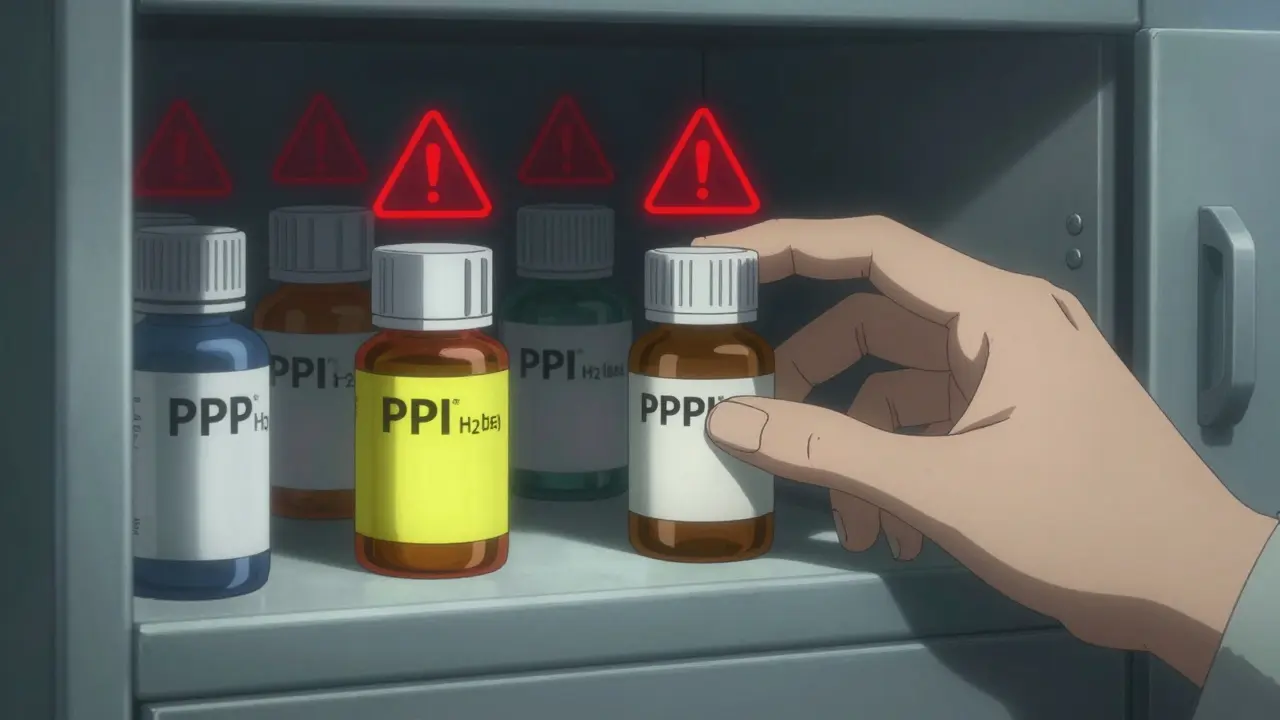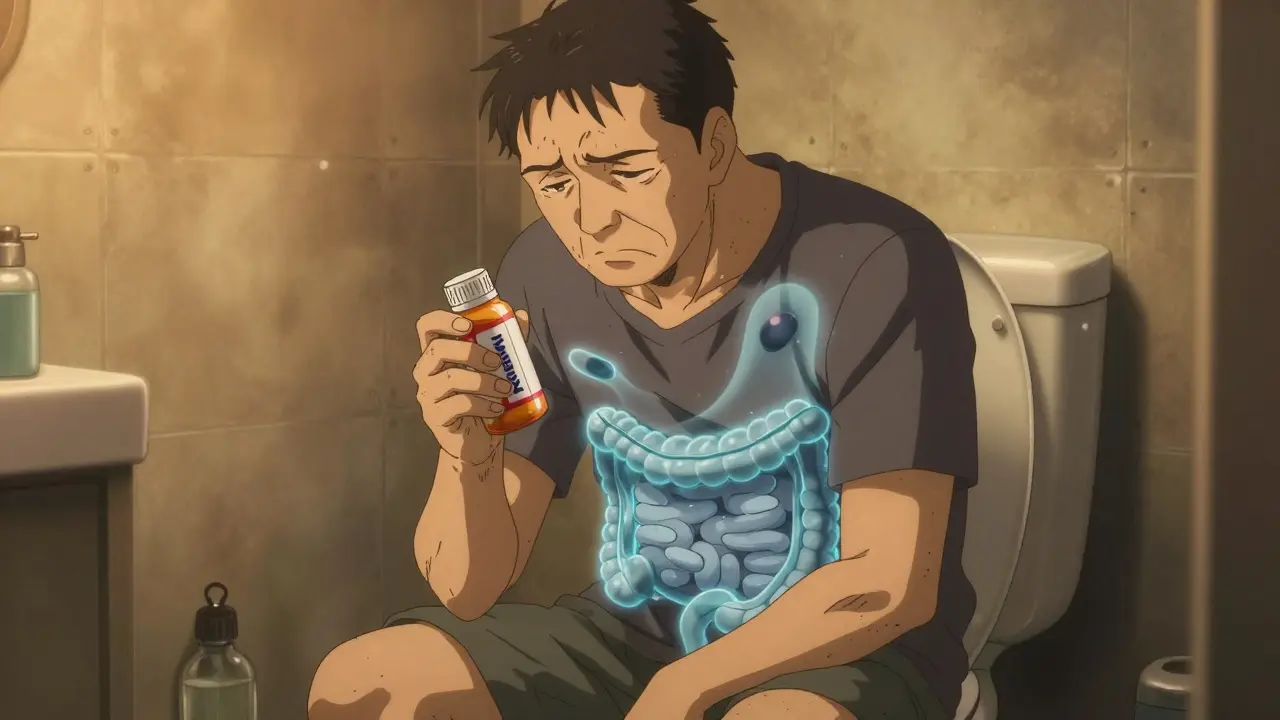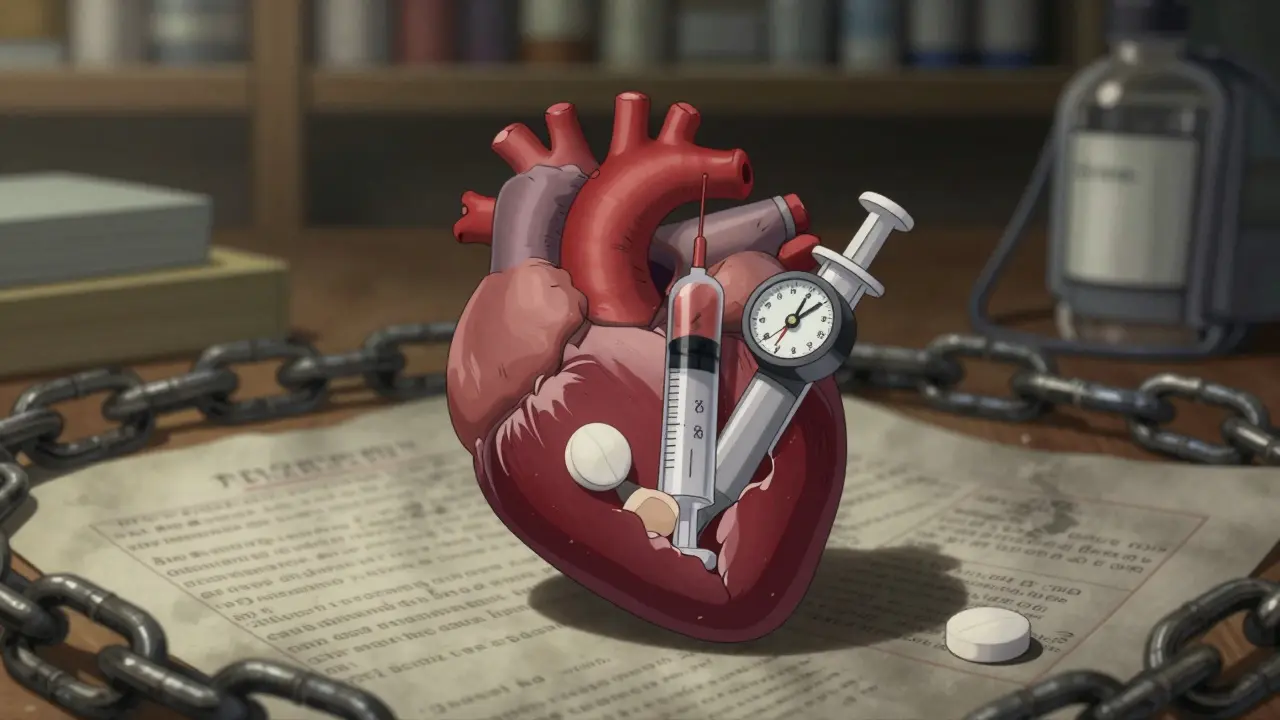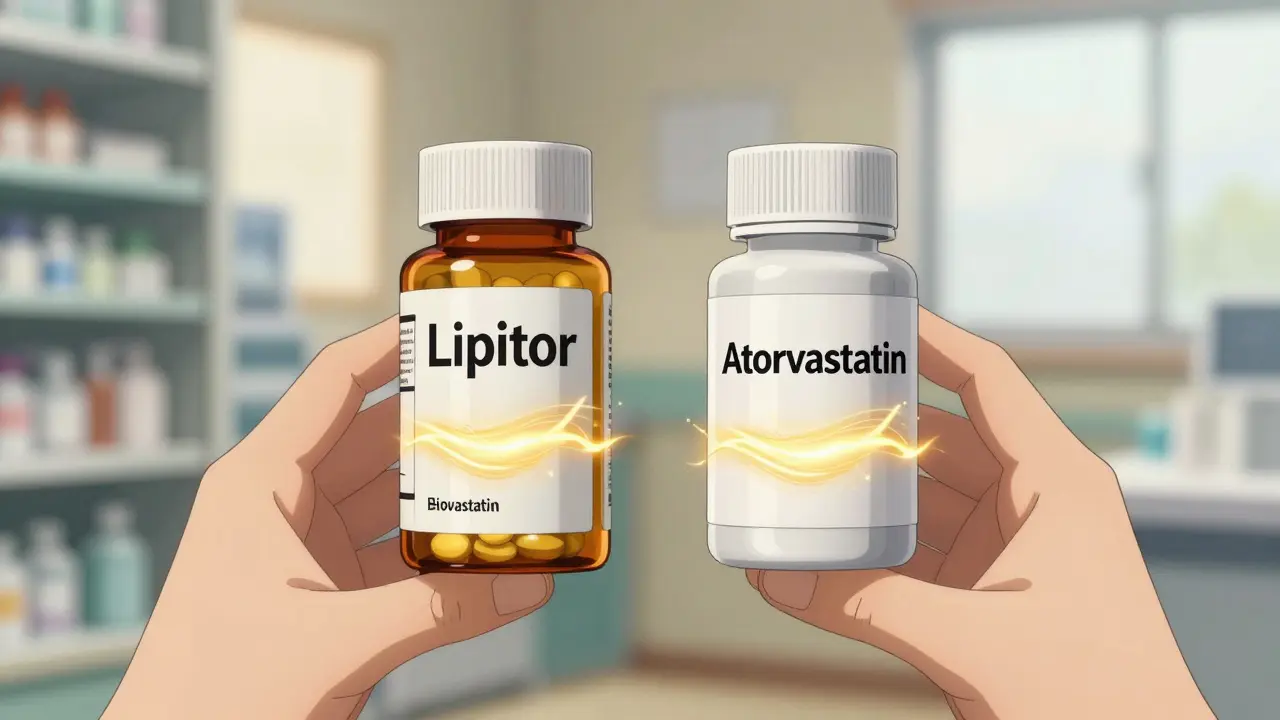Digestive Health: Practical Tips & Treatment Options
Ever feel bloated, gassy, or just off after a meal? You’re not alone—millions deal with gut discomfort daily. The good news? Most issues can be managed with simple changes and the right info. This page breaks down what to watch for, how to ease symptoms, and which meds might help.
Common Digestive Problems
First, know the signs. Acid reflux, constipation, diarrhea, and abdominal pain are the usual suspects. If you notice pain that lasts more than a few days, sudden weight loss, or blood in stool, it’s time to see a professional.
Everyday triggers include spicy foods, caffeine, and stress. Keeping a short food‑symptom diary often reveals patterns you missed before. Try noting meals, mood, and any discomfort for a week—you’ll spot the culprits faster.
Medication Spotlights
When lifestyle tweaks aren’t enough, medicines step in. One drug that pops up for specific gut issues is butylscopolamine, especially for diverticular disease. This antispasmodic relaxes gut muscles, easing cramps and abdominal pain. It’s not a cure, but many users feel smoother digestion and fewer flare‑ups.
Side effects are usually mild—dry mouth, blurry vision, or a slight increase in heart rate. If you notice severe dizziness or trouble urinating, stop the drug and call your doctor. Always follow dosing instructions and discuss other meds you’re taking, because interactions can happen.
Other common meds include antacids for reflux, fiber supplements for constipation, and probiotics for balanced gut flora. Each works differently, so matching the right one to your symptom matters more than just picking something off the shelf.
Before you start any medication, ask yourself: Do I need it now, or can I try diet and stress management first? Sometimes a short course of a drug plus a healthier lifestyle does the trick.
Remember, gut health isn’t just about pills. Hydration, regular movement, and enough sleep support the digestive system daily. A 30‑minute walk after meals can boost motility and cut bloating.
Bottom line: Listen to your body, track what worsens or improves, and don’t ignore persistent pain. With a mix of smart eating, stress relief, and the right medication—like butylscopolamine for diverticular disease when needed—you can keep your digestive system running smoothly.

H2 Blockers and PPIs Together: When It Helps and When It Hurts
Many people take H2 blockers and PPIs together for heartburn, but research shows this combo rarely helps-and often increases risks. Learn who truly benefits, the hidden dangers, and how to safely reduce unnecessary meds.

Barrett’s Esophagus: Understanding Dysplasia Risk and Effective Ablation Options
Barrett’s esophagus increases cancer risk, but ablation techniques like RFA and cryoablation can reduce progression by 90%. Learn who’s at risk, what treatments work, and how to prevent esophageal cancer.

Lower GI Bleeding: What You Need to Know About Diverticula and Angiodysplasia
Lower GI bleeding is most often caused by diverticula or angiodysplasia, especially in older adults. Learn how these conditions differ, how they're diagnosed, and what treatments actually work-based on the latest clinical guidelines and research.

Opioid-Induced Constipation: How to Prevent It and What Prescriptions Actually Work
Opioid-induced constipation affects up to 95% of chronic opioid users and doesn't go away with standard remedies. Learn what actually works-from polyethylene glycol to PAMORAs-and why fiber can make it worse.

Butylscopolamine for Diverticular Disease: Benefits, Side Effects, and Real-World Use
Explore how butylscopolamine helps treat diverticular disease, manage symptoms, and improve gut health. Insights, side effects, and practical tips—all in one guide.



